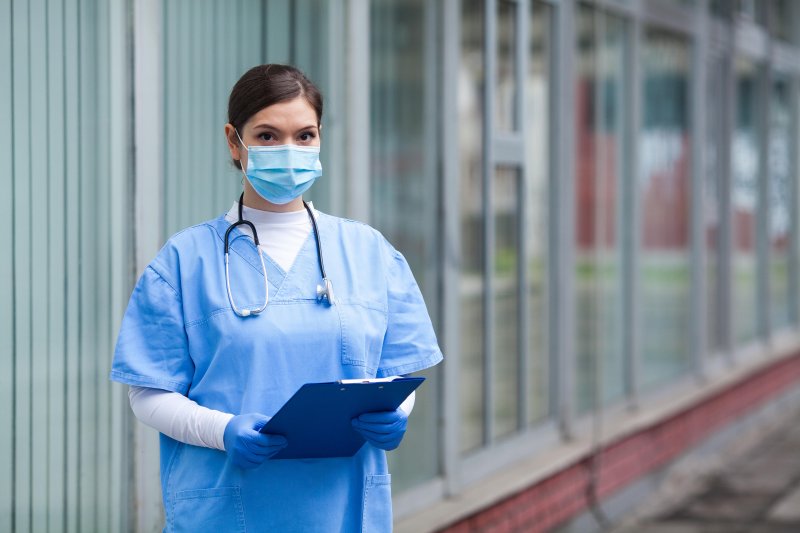MORE than 1,000 new sexually transmitted infections were diagnosed in Barnsley last year, shock new figures have revealed.
Among the newly-found diseases is HIV, with a total of 1,686 patients testing in Barnsley last year.
Those rates have dramatically decreased since the pandemic, as in 2019 almost 50 per cent of those eligible were tested, and 33.1 per cent the year previous.
Across Yorkshire and Humber, there were 240 new cases of HIV – nine of which were diagnosed in Barnsley.
This was a decrease from the 249 cases registered in 2019, but this may partly be due to lower rates of testing.
HIV is a disease which attacks the immune system but, thanks to advances in medicine, those who receive treatment can expect the same quality of life as anyone else.
Those at high risk of contracting HIV can take pre-exposure prophylaxis, or PrEP, to prevent them from catching the virus but some are concerned that the drug can be difficult to access.
This has led the NHS to encourage anyone showing symptoms to get tested for the disease.
Deborah Gold, chief executive of the National Aids Trust, said: “This data is concerning and shows the government isn’t doing enough to end HIV.
“Women and people from black African and other minority ethnic communities are not getting the access to HIV tests and the HIV prevention drug PrEP that they deserve.
“Covid-19 has deepened pre-pandemic inequalities, and without action the government will miss its target of ending HIV by 2030.”
Black African patients have a higher rate of late diagnosis, at 56 per cent last year, compared to 45 per cent among white patients.
Statistics from the UK Health Secretary Agency show 1,040 sexually transmitted infections were diagnosed in Barnsley last year – equivalent to 419 cases for every 100,000 people in the area.
Among them were ten new cases of syphilis, and 131 of gonorrhoea.
Syphilis cases are on the rise nationally with 7,506 cases of infectious syphilis reported in 2021, an 8.4 per cent increase compared to 6,923 in 2020.
A Department of Health and Social Care spokesperson said: “Sexual health services are recovering to pre-pandemic levels with HIV testing for gay, bisexual and other men who have sex with men at pre-pandemic levels.
“More people are able to access services more easily and we are diagnosing thousands of sexually transmitted infections faster.”

















